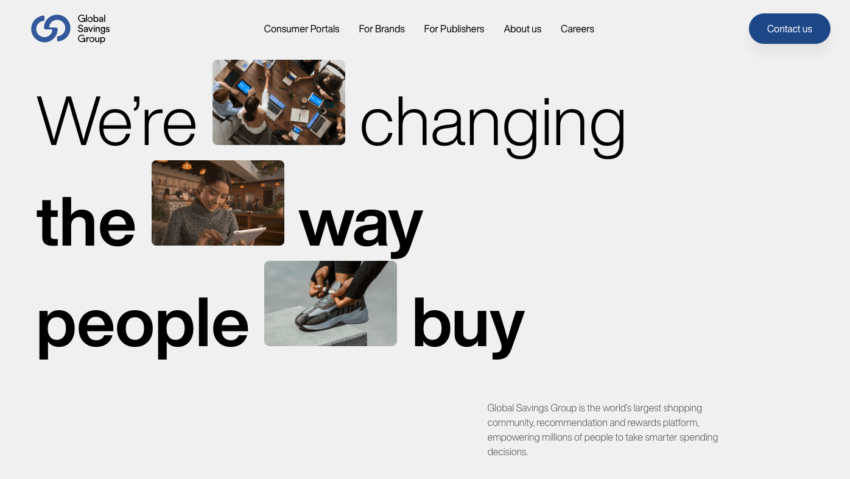Business
Global Savings Group calls out Google for anti-competitive behavior after sanctioning news sites

The brand behind the world’s largest online shopping community today sued Google for anti-competitive conduct after unfairly penalizing news sites’ revenue streams.
Global Savings Group, the company behind household money-saving brands such as hotukdeals, Pepper and Pouch and which also powers the voucher portals of Daily Mail, Metro and El País, among others, believes that recent actions by Google are contrary to their own guidelines and constitute a major threat to an important revenue stream that supports independent journalism.
The punishment of voucher code sections on media sites has the potential to wipe out millions in revenue for news publishers and has had an immediate impact on their web traffic figures. In the past few days, many sites have removed the coupon section from search results, despite previous assurances from Google that such content is allowed under proper editorial control.
Context: A recent one update from Google
In addition to contradicting their own advice and threatening an important revenue stream for media publishers, it could affect thousands of people who work on the coupon sections of media publisher sites.
Google has essentially decided that this business model is not permissible, a decision they should not be able to make. Shouldn’t it be up to media publishers to decide what content to publish?
You could also argue that Google appears to be using its monopolistic position to stifle competition, something it has done before. In 2017, the The European Commission has imposed a fine on Google €2.42 billion for abusing its market position to give an illegal advantage to its price comparison service.
Partnerships between news sites and third-party commercial content providers have played an important role for media publishers for years, delivering value in multiple ways. These partnerships provide a natural extension of the existing content offered by news sites, allowing them to:
- Improve the user experience in the field of online coupons; – Readers looking for money-saving deals appreciate the convenience of finding trusted discounts in addition to the news content they already consume. Without these sites in search engine results, the quality of content is objectively worse.
- Diversify income streams; the move from print to digital media disrupted the business models of many publishers. Commercial content such as coupons, offers and product reviews provide an additional source of income and support independent journalism.
- Make use of the expertise of partners; Commercial content specialists bring valuable industry expertise, technology and connections to advertisers, ultimately creating a valuable offering for readers.
The success of these partnerships lies in maintaining strict editorial standards. News sites carefully vet their partners, maintain editorial control over content, and ensure seamless integration within their overall brand.
When done responsibly, these collaborations benefit users, advertisers and publishers alike. The fact that Google has indiscriminately targeted these sites sends the message that they are not focused on content quality, but rather on punishing specific business models. It seems that Google believes it should decide what types of content news sites can publish.
“News publishers have traditionally included commercial content alongside their editorial offerings,” said Gerhard Trautmann, CEO of Global Savings Group. “These recent fines from Google create uncertainty and significant risks to a legitimate business practice. We urge a clear dialogue on how we can maintain a high-quality user experience while ensuring news sites are not unfairly targeted.”
Ultimately, Google seems to have well overstepped the mark here. Why should they be allowed to dictate what types of content news and media sites can publish, or have a say in what business models are allowed?
By indiscriminately punishing media publishers and wiping out an important revenue stream overnight, they have wreaked havoc without necessarily improving the experience for searchers.
Our clear message here is that Google should focus on ensuring that the results they deliver are high quality and can answer searchers’ questions, and not on dictating what types of content media publishers can or cannot publish.











